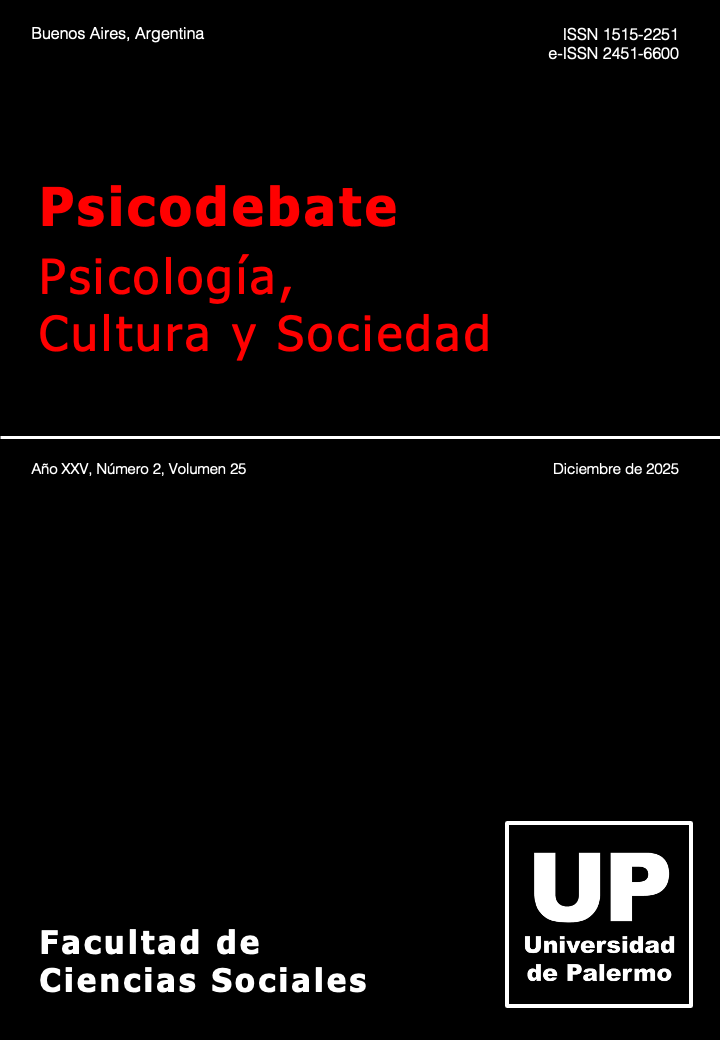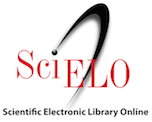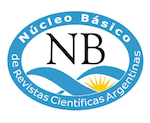Current Issue

The manuscripts included in this edition of Psicodebate have been reviewed by the following peers:
Ana D’Anna
Florencia Daura
Leandro Eidman
Aixa Galarza
Norma Ivonne González Arratia López Fuentes
Lina Grasso
José Enrique Gutiérrez-Jurado
Viviana Lemos
Macarena Martinez Cuitiño
Wanda Rubinstein
Maria Elina Sanchez
Javier Savin Vallvé
María José Zinoni
Original Research
Psicodebate is an open access biannual (june 1st and december 1st) scientific journal published by the Social Sciences Faculty of Universidad de Palermo. The papers published in Psicodebate cover topics of Psychology and other social and human sciences. Our goal is to communicate the current debates and the latest scientific findings in these topics.
We receive papers in spanish and in english that address psychology issues (treatment, assessment, therapy, theory, diagnosis, among others) and other social and human sciences (sociology, psychiatry, among others). Types of articles accepted are those propose by the American Psychological Association (APA): empirical studies, literature reviews, theoretical articles, methodological articles, case studies. Empirical articles will be preferred.
Submitted papers go through a double-bind peer review process in which they are confidentially assessed by experts. Reviewers informed about the quality of the paper and recommend it to be accepted or rejected. Articles may be directly accepted, accepted with revisions required (major/minor) or rejected. Reviewing process usually takes up to 8 weeks. With this digital edition on Open Journal System we embrace the promotion of open access to scientific publishing nationally and internationally. Open access allows for a greater interchange among professionals and, in consequence, an increment in scientific knowledge. The rejection rate in 2024 was 60%.
Psicodebate meets the iberoamerica normative for academic journals proposed by Latindex adopted by CAICYT-CONICET in Argentina. Psicodebate in included in Scielo (Scientific Electronic Library Online), in the Basic Core of Scientific Publications (National Scientific and Technical Research Council, CONICET), Emerging Sources Citation Index (Web of Science), ERIH Plus (European Reference Index for the Humanities and Social Sciences), Latindex, DIALNET, REDIB (Red Iberomamericana de Innovación y Conocimiento Científico), DOAJ (Directory of Open Access Journals) and Google Scholar.
INDEXATIONS:



DATA BASES:



DIRECTORIES:



















